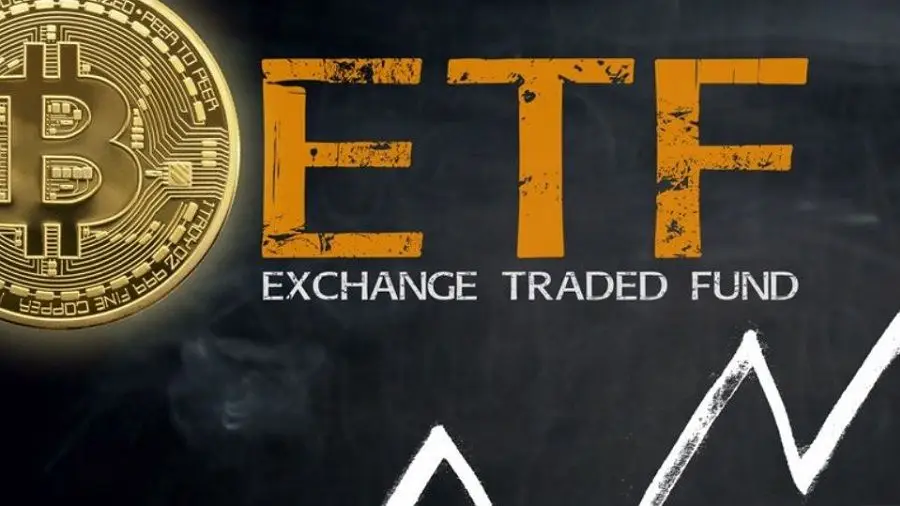Securities and Exchange Commission (SEC) Chairman Gary Gensler compared cryptocurrency industry with the American stock market of the 20s of the last century, full of “traders and swindlers”, writes RBC Crypto.
Speaking at the Piper Sandler Global Exchange & Fintech Conference on June 8, Gensler said that the passage of securities laws in 1933 and 1934 in the United States helped fight stock market fraud. The same laws will help “clean up” the cryptocurrency market.
The solution, according to Gensler, lies in compliance with securities laws by cryptocurrency issuers and trading platforms. He stated that the laws of the 1930s allowed the American securities markets to “thrive” for the next 90 years. And modern “cryptocurrency securities markets” should also take advantage of these laws, since they are not “less worthy of the protection” of these laws.
The SEC claims that most cryptocurrencies fall under the definition of securities. And even if the tokens have additional utility (which the crypto community refers to, denying the position of the regulator), then this does not remove “cryptocurrency – a security” from the definition of an investment contract, Gensler said.
He explained that cryptocurrency exchanges must comply with securities laws, including the requirement to separate “the functions of the exchange, broker-dealer and clearing.” In his opinion, such separation “helps to mitigate the conflicts that may arise when combining such services.”
Two days before, speaking on CNBC on June 6, Gensler declaredthat cryptocurrencies, in fact, are not needed at all. In his opinion, digital fiat currencies are quite enough – the dollar, the euro and others.
Source: Cryptocurrency
I am an experienced journalist and writer with a career in the news industry. My focus is on covering Top News stories for World Stock Market, where I provide comprehensive analysis and commentary on markets around the world. I have expertise in writing both long-form articles and shorter pieces that deliver timely, relevant updates to readers.







